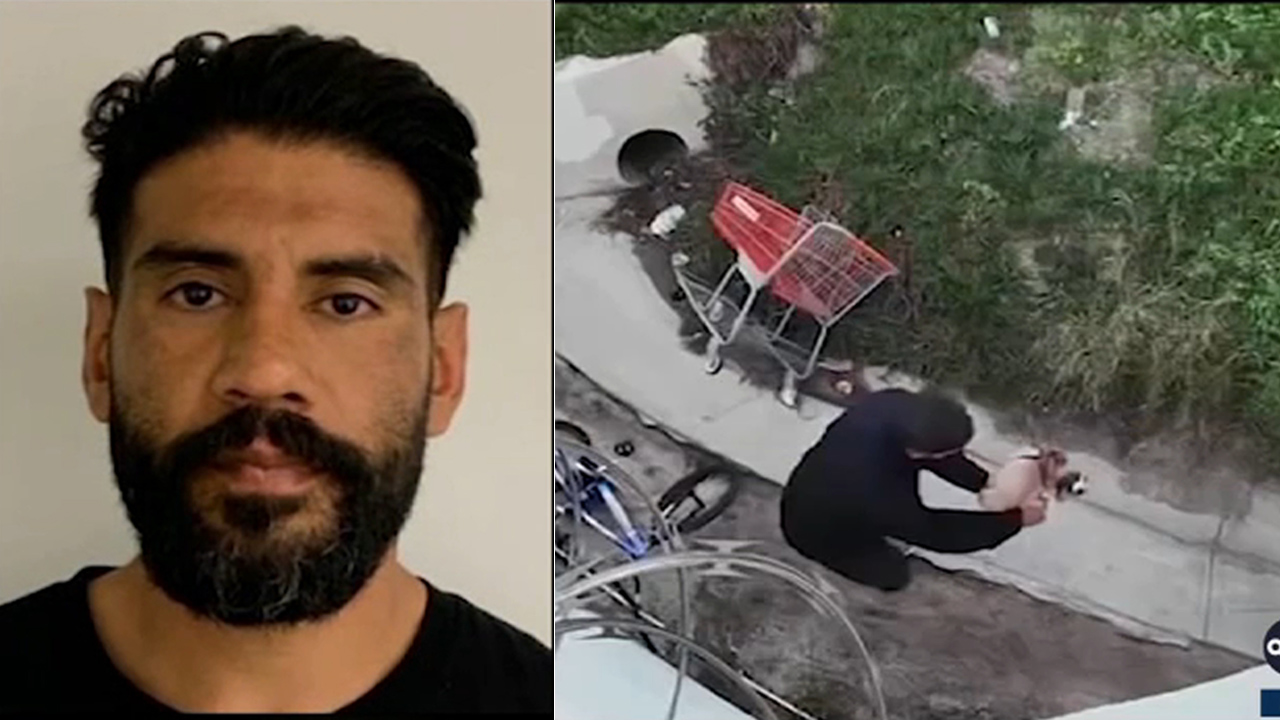For Dodgers' Julio Urias, learning curve just as steep off the field

Interviewed in Spanish by Marly Rivera / Translated by Rafael Rojas Cremonesi
Julio Urias' focus today is on making the Los Angeles Dodgers' starting rotation. But in addition to learning to play at a major-league level, he is adjusting to life in a new country.
Born in Culiacan Rosales, Mexico, Urias came to the United States at 16 years old. He made his MLB debut at just 19 years old, becoming the first teenager to start a big-league game in 11 years. Then he became the youngest player to start a postseason game when he took the mound in Game 4 of the NLCS against the Chicago Cubs.
With a new job to fight for, a new language to learn and a new culture to adjust to, Urias is making strides on and off the field.
What was the greatest culture shock coming to the United States?
Urias: The truth is that I experienced this when I was 16, in 2013. It was difficult, mainly because of the language, which I am still learning, and second because of the food, which was very difficult. That year we got fatter. But now with those three, four [teammates] we have around here it's been a little easier for me. The same players who are here in the United States try to speak to me in Spanish and I try to speak to them in English, and broken as it is, this way we're always in communication. I believe it helps with your confidence.
When do you think you will feel comfortable speaking in English with the press?
Urias: Hopefully by next year. I do not know if I'll speak perfectly, but it would encourage me more than anything. Yes, I could answer many questions right now, but I don't dare to yet. I think it's more about throwing myself into the water than anything else.
What was the first thing you bought that was a luxury?
Urias: A car that I bought. A Challenger. A Dodge Challenger. Black with red trim above.
What music/movies/TV shows do you like?
Urias: I like shows in Spanish. I really like "El Chavo del Ocho"; I always try to watch Mexican shows. But I also like music in English here, and I also like watching the TV shows here. I like watching Netflix series because many people have told me you can learn the language that way. That's what I try to do. I try to listen to music and read a lot of things in English to learn more words. It's really helped me.
Are you too young to say "I made it"?
Urias: No. Whenever you step your feet into Major League Baseball, you start your own story, whether you're a pitcher, a hitter. If you're playing in an MLB ballpark, you say to yourself: "I'm already here, I've made it." The first step is done. Now comes the hardest step, which is to stay in the game for a long time, if that's your goal. That's my goal and I hope God gives me health; the rest I will do.
How does baseball's code affect how you play the sport?
Urias: All the players know it. Ever since we arrived in the minor leagues they've been explaining the unwritten rules to us. Even when you get to the big leagues, there are many players who don't respect those rules and others who do. I've always tried to do my job and respect them, because you have veteran players who are always pulling on your ear about them. I think it's good for them to teach you and make it easier for you at this level.
What are the differences between Mexican fans and U.S. fans?
Urias: There is some difference in support more than anything. Both get involved with the team, they support them, they suffer when there are defeats, enjoy the victories, and in this way they resemble each other. But in the winter league, I see the most demanding Mexican fans.




